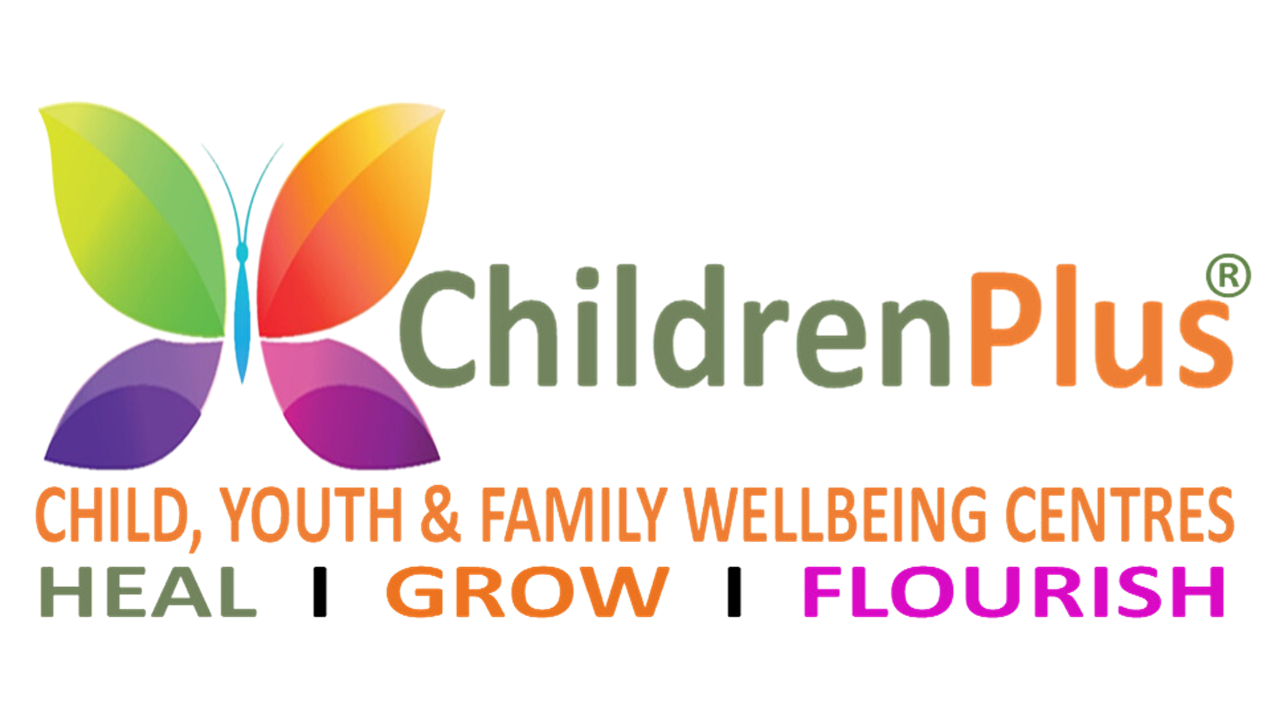
Vedika Anand, Intern at Childrenplus writes about Helicopter Parenting and its causes in the first of our two-part series.
We often come across the proverb “excess of everything is bad” but can the same be said for parenting?
The term Helicopter Parenting was coined by Child Psychologist Dr Haim Ginott in 1969 in his book “Between Parent and Teenager. It is defined as a parenting style that has the parents, or caregivers highly involved. A helicopter parent is also called a cosseting parent. Here, parents pay extreme attention to a child’s experiences or problems specifically at educational Institutes.
As parents, one always wishes to help their child and make sure that their child is protected and has access to the best opportunities, However, this is where we tend to forget the importance of our children having their own experiences and learning. Helicopter parenting primarily involves being overprotective, controlling, perfecting, and helping children, teenagers, and young people with the basics of their tasks such as organizing, planning, and in doing day-to-day chores.
At a basic level, this parenting style may seem like the parent is offering excessive academic assistance to the child or young person, monitoring their friends and group activities, and continuously shadowing them. On the other hand, at an adult level, the parent assists the child in managing their schedules, and creating a timetable, and makes the child dependent on them for calling out any disrespectful behaviour, rendering them unable to stand up for themselves.
Now that we have a basic understanding of what over-parenting is and what it can look like, let’s dig deeper into what may be behind it-
- FEAR OF THE EXTREME- As a parent, one always wants the best for their child, whether in academics or in life, and thus the fear of something negative impacting their child has them avoiding experiences that are obstructive, uncertain, or do not have a successful outcome. Parents can forget that it is these experiences that help an individual grow and understand the true importance of working hard.
- ANXIETY- The crashing economy, job market, level of competition, and the cruel world all taken together can make a parent concerned for their child, eventually leading to them taking control of their life in the belief that they can protect their child from harm. However, overprotection can make the child dependent on the parent, making it hard for them to thrive in the real world.
- OVERCOMPENSATION- Parents will always try to avoid making mistakes or taking up behaviors that were problematic for them back in their childhood, especially individuals who experienced a traumatic childhood. To compensate for their past, such parents tend to pay excessive attention to their children and closely monitor their behavior to prevent any perceived shortcomings in their ways of parenting.
- PEER PRESSURE- Who says peer pressure is only limited to a certain age? As parents, one may feel the pressure to be exceptional to be “The Best” or “An Ideal Parent”. such parents are at risk of overlooking the fact that parenting is a subjective experience that varies from person to person. It depends on factors such as culture, ethics, value system, and orientation. Parents are also put under pressure when they observe other parents of their age group being too engaged or protective of their child, which produces guilt and makes them feel like inadequate parents.

Engaged Parenting is excellent and effective, however, knowing when to stop and let your child have their own experiences is also equally important. As a parent, one may feel overwhelmed or apprehensive about the entire process of parenting. It is important to remember that bringing up children is a complex learning process and it’s ok to have bumps and hiccups along the way., Engaged parenting is about letting our children explore the world, make mistakes, learn from them and look to us for advice and counsel when they feel stuck. These qualities can help them become well-adjusted adults.
Childrenplus, with its team of dedicated psychologists and counselors, specializes in providing comprehensive psychological health services for children and young people. Contact us to know more.
This blog is entirely written by a human (Vedika Anand), no AI was used in its generation :-). If you enjoyed reading it, please share and tell your friends.

